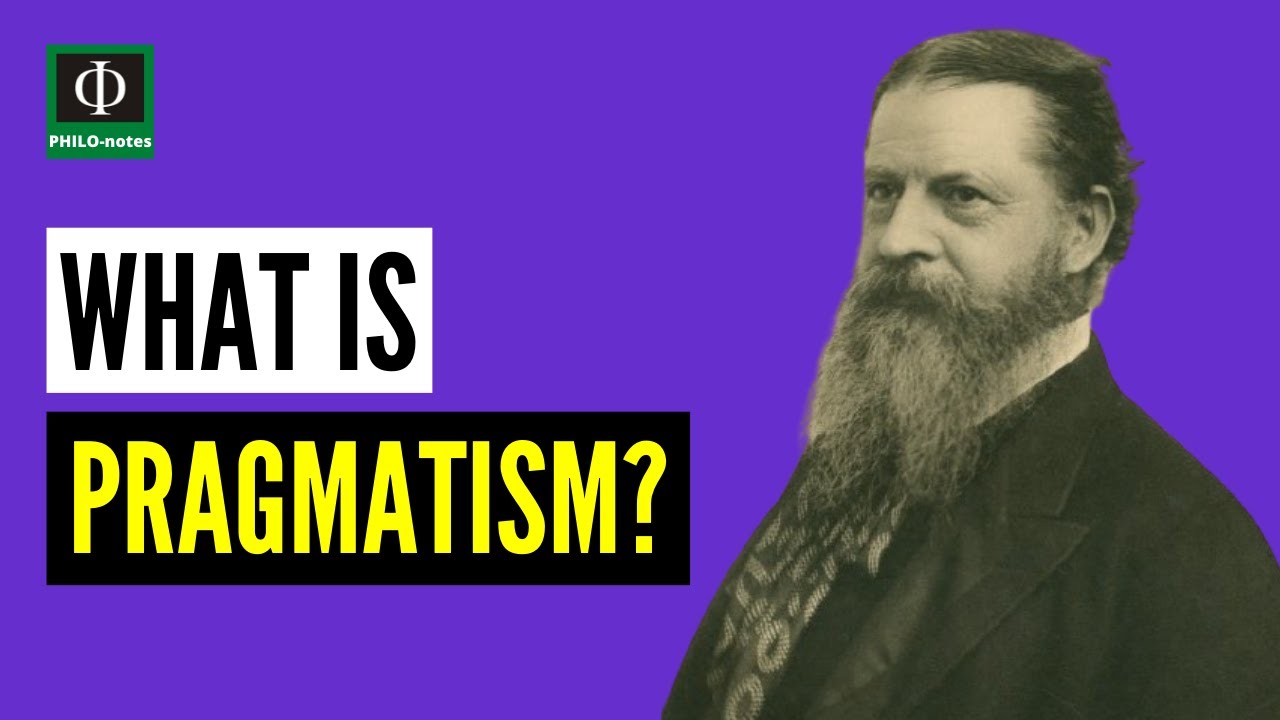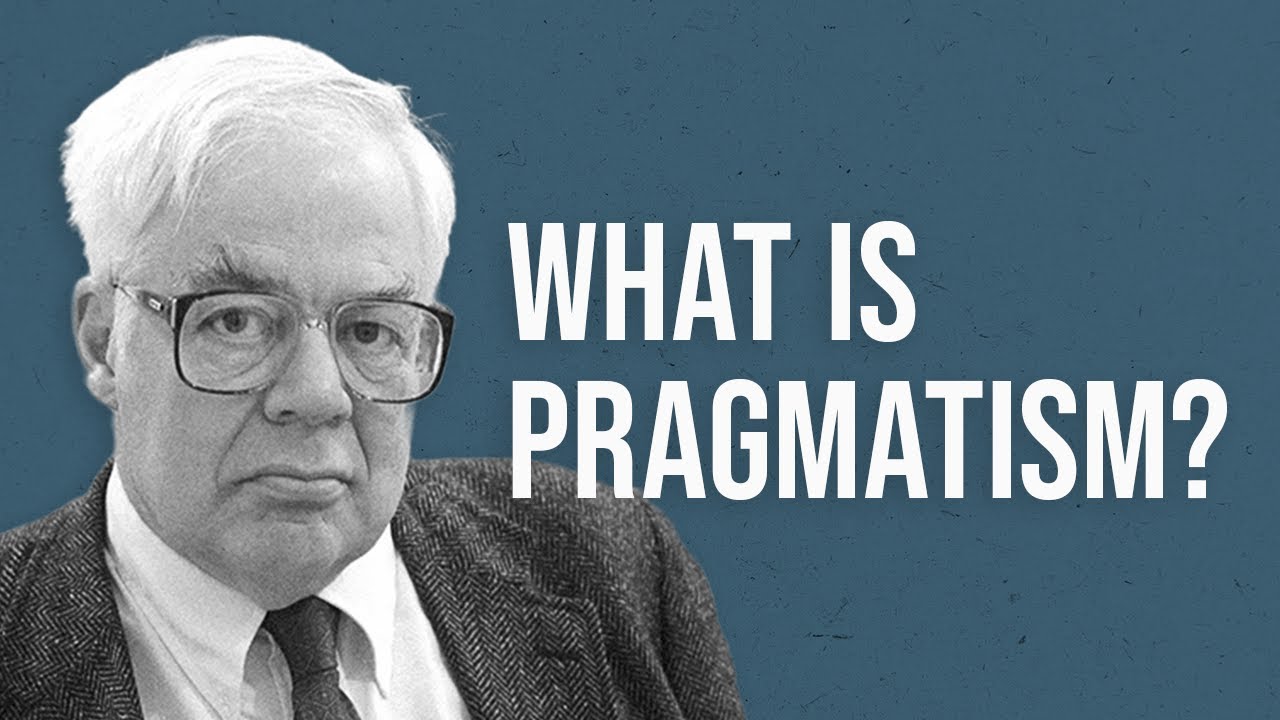
Exploring the Legacy of the Modern Pragmatist
Isn’t it fascinating how certain thinkers can change the course of how we perceive life? In the grand panorama of philosophy, pragmatism stands out as a powerful force, shaping our understanding through practical outcomes and personal truths derived from our experiences. In this modern age of constant evolution, figures who champion the pragmatic approach encourage us to break free from rigid structures and embrace a dynamic perspective on living.
Pragmatism invites us to reflect on our experiences, enabling us to adapt and shift our beliefs based on the trials we encounter. Just as the sun sets slowly, inviting the night, pragmatists illuminate the complexities of our reality with practical wisdom gained from both triumphs and failures. By interacting with notable thinkers and characters who embody this mindset, we can uncover the richness of a pragmatic outlook that’s not just theoretical but deeply applicable in our everyday lives.
Let’s take a trip through the lives of exceptional pragmatists, exploring how they’ve influenced modern thought and reshaped how we engage with the world around us.

Top 7 Influential Pragmatists and Their Impact on Modern Thought
A pioneering thinker, William James wasn’t just a psychologist and philosopher; he was a visionary who redefined how we approach our understanding of self and existence. His revolutionary idea of the “stream of consciousness” transformed modern psychology, allowing us to embrace the chaos of life with a flexible mindset. In cities like San Francisco, where innovation thrives, James’s belief that truth evolves with personal experience resonates deeply in the tech culture that constantly seeks new solutions.
Educational reformer John Dewey took the pragmatic torch and ran with it, advocating for experiential learning long before it became a trend. His insistence on engaging students through real-world problem-solving has changed how educational systems function worldwide. Whether in rural schools or high-tech environments in Silicon Valley, Dewey’s philosophy continues to be a guiding light for educators striving to cultivate critical thinking and adaptability, unlocking new pathways of learning.
Bernadette, a character on The Big Bang Theory, isn’t your average fictional representation of a pragmatic individual. She juggles a career in microbiology while keeping her personal life balanced, showcasing the challenges and triumphs of modern women. Her character reflects resilience in the face of societal expectations, embodying a pragmatic approach that many professional women, including figures like Ayesha Khan, can relate to.
The former co-host of “American Pickers,” Frank Fritz’s pragmatic approach to collecting has left a lasting impression. He assessed the value of antiques with a practical eye, focusing on their potential rather than sentimental ties. Despite recent health issues surrounding his cause of death, including physical struggles, his legacy lives on, inspiring countless collectors to adopt a similar mindset. Frank’s journey through the picking industry illustrates how pragmatism aids in making sound business decisions.
Who could forget Sid, the lovable sloth from the Ice Age series? He personifies the essence of a pragmatist with his unwavering adaptability in the face of challenges. Sid’s humor and resilience provide a beacon of light that emphasizes the importance of friendship, showcasing how pragmatic acceptance of life’s unpredictabilities can build connections, making our journeys richer and more meaningful.
Renaud Lavillenie epitomizes the spirit of a pragmatist in sports, taking failures as stepping stones toward success. With each record-breaking leap, he embodies resilience, pushing through injuries and setbacks with strategic determination. Lavillenie proves that pragmatism fuels not just athletic excellence, but also a mindset that can redefine how we approach our personal goals and overcome obstacles.
The journey of Sayuri in Memoirs of a Geisha offers a poignant reflection on cultural pragmatism. In a society full of constraints, her character evolves through adaptability and personal desire. Sayuri navigates the complexities of her world, making pragmatic choices that lead to empowerment and growth. Her story dives deep into themes of perseverance under societal pressures, reminding us that practicality can often open the door to self-discovery.

The Application of Pragmatism in Today’s World
In our rapidly shifting society, pragmatism stands as a beacon to guide us through complex issues. Pioneers of this thought process focus on solutions rather than adhering to rigid ideals, nurturing innovation across fields like technology, education, and art. For example, discussions surrounding climate change have transitioned from lofty theories into localized, actionable initiatives, encouraging communities to embrace sustainability grounded in their unique realities.
Take Patagonia as a prime example of a brand that has woven pragmatic solutions into its philosophy. By integrating environmental concerns into its business model, Patagonia’s dedication to sustainability resonates with today’s consumers, proving that a pragmatic approach can lead to successful business practices that also benefit the planet.
Furthermore, the increasing awareness of mental health highlights the relevance of pragmatism in personal well-being. Immediate coping strategies like mindfulness and cognitive behavioral therapy provide actionable tools for individuals to navigate daily stresses effectively. It’s a testament to how pragmatic thinking can cultivate a healthier society, one that values emotional intelligence and cooperative engagement.
As we immerse ourselves in cultural narratives—from literature to film—that portray complex characters with resilience, we tap into the necessity of pragmatic thinking to confront contemporary dilemmas. Embracing this mindset lets us forge a society that values adaptability and progressive change, reminding us that while life may be unpredictable, we have the tools to tackle challenges head-on.
When facing uncertainty, let us draw on the insights of pragmatists as we seek meaningful and purposeful lives amidst the daily chaos. By adapting to the twists and turns, we can navigate life with intention, learning that even in the most profound complexities, pragmatism offers us a path toward clarity and understanding.
In this article, we’ve explored the vibrancy of the pragmatic approach and its application across various facets of life. From the vivid depiction of Sid Sloth’s resilience to the insightful philosophies of figures like William James and John Dewey, embracing a pragmatic outlook can lead us to powerful transformations. So, the next time life throws you a curveball, channel your inner pragmatist and tackle it head-on, blending practicality with purpose.

The Pragmatist: Shaping Perspectives on Life

A Pragmatist’s Playbook
Pragmatism isn’t just a philosophical concept; it’s a practical approach that’s shaped how we tackle everyday problems. This philosophy suggests that the worth of an idea is determined by its applicability and success in real-life situations. For instance, if you ever wondered about the score Of The Yankee game, it reflects how much people love to analyze the performance and outcomes of a contest—something pragmatists deeply appreciate. They’re all about seeing the value in outcomes and actions, bridging the gap between theory and practice.
Interestingly, pragmatism also extends into the natural world. Did you know that some are lady Beetles poisonous in certain conditions? While these adorable bugs are often seen as beneficial, understanding their potential danger is a pragmatic approach to gardening! Just like a pragmatist examines various scenarios before drawing conclusions, we must assess all aspects of our environment for a better understanding and safer decisions.
Star Power and Pragmatic Influence
In the entertainment industry, pragmatic influences have led to stellar performances and critical acclaim. Take Jerrika Hinton, for instance; she applies her pragmatic thinking across diverse roles, allowing her to connect deeply with her characters. In fact, her ability to adapt and thrive in various settings echoes the essence of pragmatism—finding real-world relevance in fictional narratives. And speaking of adaptations, let’s not forget about Dr Disrespect’s wife, who remains an integral part of his journey, showcasing how personal relationships can also reflect pragmatic choices in professional environments.
If we pivot a bit, we find that shared experiences, much like popular events, can influence how we perceive success. Look at Todd Boehly, whose pragmatic measures in sports ownership teach us that risk-taking pays off more often when based on informed decisions. Similarly, in the showbiz world, the buzz around Blink Twice Showtimes highlights the impact of strategically timed releases on audience engagement, proving once again that practical decisions can lead to better outcomes in entertainment.
Connecting the Dots
Pragmatism interweaves with various cultural and personal narratives, influencing art and life choices alike. The character dynamics in Sengoku Youko reveal how pragmatic decision-making can shape story arcs, resonating with audiences seeking relatable paths. Furthermore, the presence of Ayesha Khan in projects sheds light on how diverse perspectives enrich storytelling, mirroring the broader applications of pragmatism in our daily lives.
In every facet of life—whether it’s analyzing a game score, making mindful decisions in relationships, or choosing the right film to watch—pragmatism plays a pivotal role. By embracing this mindset, we learn to approach challenges with a clearer lens, armed with real-world insights that lead us to more fulfilling outcomes. So the next time you ponder a choice or face a dilemma, remember the core of pragmatism: it’s about finding what truly works for you!

















